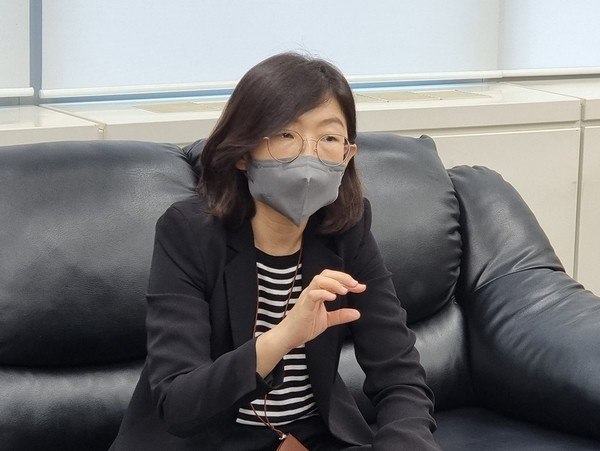The Ministry of Food and Drug Safety is expected to recall acetyl-L-carnitine (ALC), a cognitive function enhancer, and order drugmakers to stop making ALC-containing medicines in September, an MFDS official said.
Shin Kyeong-seung, director of the MFDS’ pharmaceutical safety evaluation department, held a media briefing on Tuesday to explain administrative procedures for the ALC withdrawal from the market. Shin handles the regulator’s re-evaluation of authorized medicines.

“We plan to complete the administrative procedures by September, including the recall and suspension of sales,” she said.
Earlier on Friday, the MFDS sent a letter to physicians and pharmacists, asking them to suspend the prescription and dispensing of ALC due to the drug’s failure to prove effectiveness against a secondary degenerative disease after a cerebrovascular disease. ALC manufacturers have about a month to recall the products.
“We had already derived the results of the clinical re-evaluation of ALC. We disclosed the results recently,” Shin said.
The government has to disclose the re-assessment outcome for at least 20 days, and it takes about 10 days to get objections from the industry. She added that the administrative procedure for the product recall would be completed depending on whether drug companies will raise objections and follow procedures.
If companies do not appeal or the government does not recognize their objections, the government will revoke the ALC’s indication. This means that ALC will lose the permit.
The MFDS also unveiled the schedule for the disclosure of bioequivalence re-evaluation. The regulator plans to re-assess drugs through bioequivalence tests this year and announce the results early next year.
Shin said the government had initially planned to announce the results by the end of this year, but many companies requested an extension of the deadline to prepare further data.
Some industry officials complained they were burdened by overlapping work of the MFDS’ bioequivalence re-evaluation and the Health Insurance Review and Assessment Service’s reimbursement re-evaluation. However, Shin said the two re-evaluations had different purposes.
“As the two re-evaluations have different purposes, the government and HIRA should make separate re-assessments. Therefore, it seems appropriate to extend the deadline depending on each agency’s judgment,” she said.
Shin went on to say that it was not easy to evaluate the newest drug’s efficacy and effectiveness based on data from the past, and that was why the government asked pharmaceutical firms to prove efficacy through local clinical trials.
“Many companies want a deadline extension, and we are aware that it’s not easy to recruit patients because of Covid-19,” she said.
As the MFDS must inform consumers and experts of the re-evaluation results as soon as possible, it operates an interim evaluation system to check whether clinical trials are proceeding as scheduled, Shin said.
“I hope the companies could be aware of this and do not delay clinical trials,” she added.

